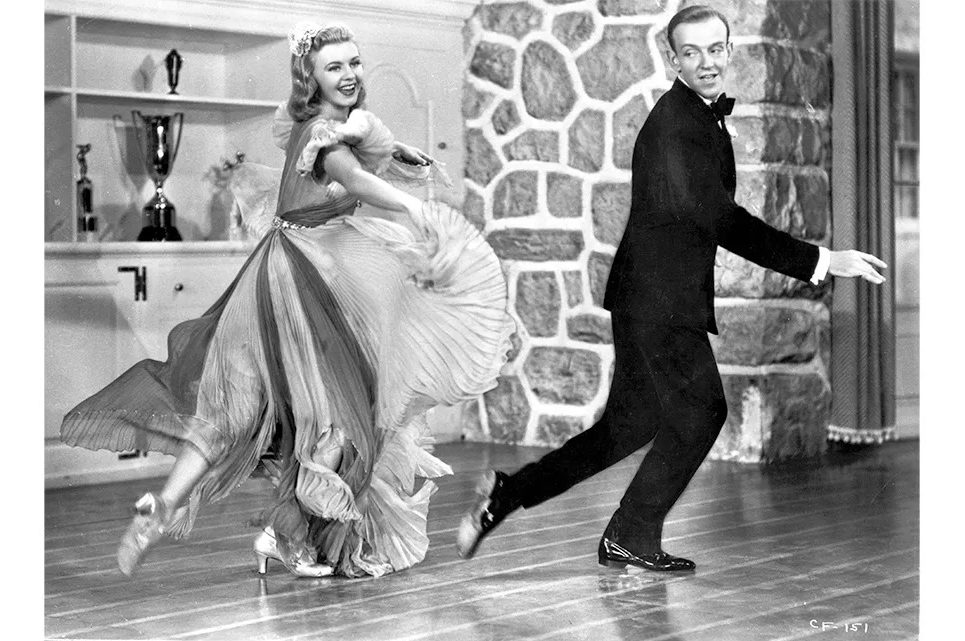I had a friend whose approach to entrepreneurialism was to take two separate things that seemed stupidly popular and somehow find a way to combine them. He thought karaoke was ridiculous; his friend thought twenty-four-hour rolling news channels were daft. The two of them created a twenty-four-hour karaoke channel in Asia — and sold it at a sizable profit.
The idea of gynogenic climate change holds that the planet is warming up, but that it is women who are to blame
Following this model, I wondered if it might be a useful thought-experiment to contrive political theories which are annoying to people on both the left and the right. The theory behind this is simple: there must be a number of good ideas floating in the ether which will never be adopted simply because they repel everyone with either political affiliation. Ideas of this type, whatever their merits, are hence unlikely to be proposed by anyone with the power to enact them — which is precisely why they merit greater consideration. To qualify, any such idea must lose you friends at every point on the political spectrum.
My first attempt at this was to propose the concept of gynogenic climate change. This is a theory which holds that the planet is warming up, but that it is women who are principally to blame. Not only do they heat homes to an annoyingly high temperature (the gender divide in temperature preference is scientifically proven), but it is women who drive the greater part of all senseless material consumption. The amount spent worldwide on female fashion and beauty products exceeds worldwide expenditure on education. It is also women who are responsible for valuable resources which could be devoted to making ever larger televisions or craft beer being squandered on making Farrow & Ball paint and rosé wine.
I don’t see this idea gaining much traction, to be honest, though it would probably be more popular than my proposal that all pensioners are deported to Rwanda. The social care costs would be low, and the combination of high altitude and an equatorial location would mean no need for a winter fuel allowance. Replacing pensioners with immigrants would also solve the housing crisis: with immigrants, you seem to get ten people in a four-bedroom house; with pensioners, it’s no more than two. And while we’re on the topic of space, what about farmers? They produce 1 percent of GDP but use 85 percent of available land.
I should make it clear that the point of these ideas is not to enact them: it is simply that, in expanding any solution space, it is much easier to start somewhere ridiculous and rein things back than to start somewhere sensible and try to expand things. Think of it as an Overton skylight.
I’ve been influenced in this endeavor by what my friend Paul Bloom calls “the Ginger Rogers theory of information.” In any information system, some ideas will propagate much more than others simply because they appeal to people’s existing prejudices. Information which runs counter to one or other worldview will be repressed or discounted unless it reaches a very high standard of proof — which is exactly why it deserves extra credence. If you see a report in the Guardian suggesting that widespread gun ownership reduces the rate of domestic burglary, you can assume it is an unassailably robust finding. The same goes for a finding in the Daily Telegraph that raising the minimum wage is a good thing, say, or that working from home boosts productivity.
It’s called the Ginger Rogers theory for a reason. As someone astutely pointed out, Rogers did everything that Fred Astaire did, but backwards and in high heels. In assessing the significance of any event, it pays to correct for the degree of difficulty involved in its performance.
Online readers are invited to submit their best Ginger Rogers ideas. A jar of garlic-flavored Marmite to the best entry.

























